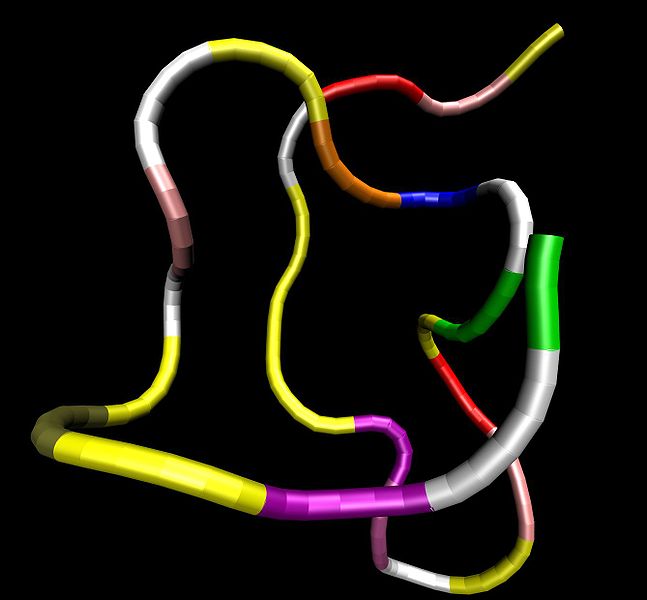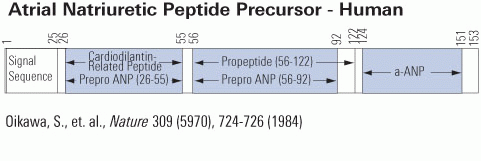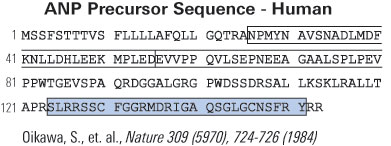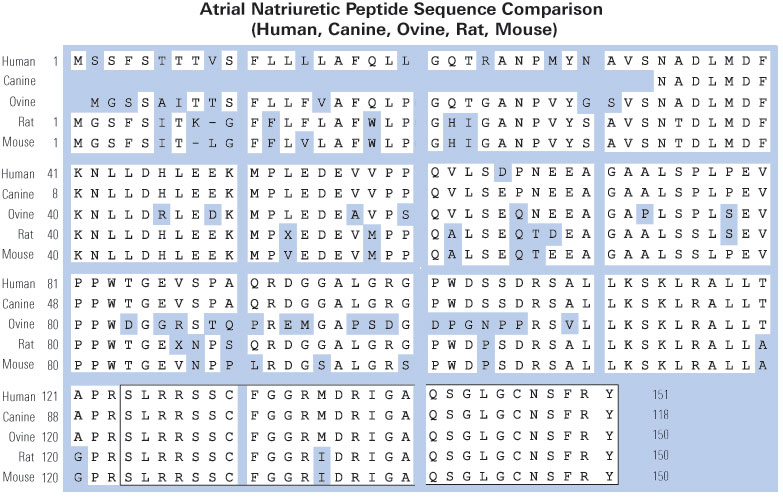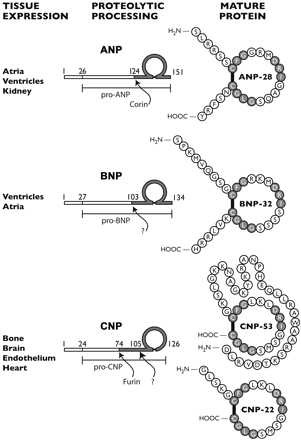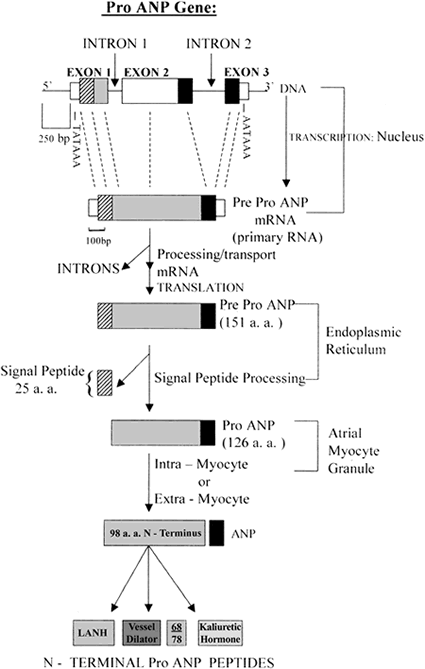
产品编号:MB-005-06
市 场 价:¥13760.00
场 地:美国(厂家直采)
联系QQ:1570468124
电话号码:4000-520-616
邮 箱:
info@ebiomall.com

商品介绍
No References
品牌介绍
hoenix Phamaceuticals
美国Phoenix药物集团创建于1994年,被誉为在多肽领域的黄金招牌,是这个领域的先行者和权威。
Phoenix Pharmaceuticals,Inc.专门提供肽和肽产品。我们提供肽抗体,荧光肽和放射性肽。我们在肽化学和有机合成领域拥有专业知识。
产品列表:
没有。 | 品牌 | 货号 | 名称 | 规格 |
1 | 凤凰药业 | |||
2 | 凤凰药业 | |||
3 | 凤凰药业 | |||
4 | 凤凰药业 | |||
5 | 凤凰药业 | 甲状腺素(T4)(人类)-ELISA试剂盒 |

厂家直采
全球直采 正品优价

正品保障
厂家直发 有线跟踪

正规清关
CIF100%正规报关,提供发票

及时交付
限时必达 不达必赔


